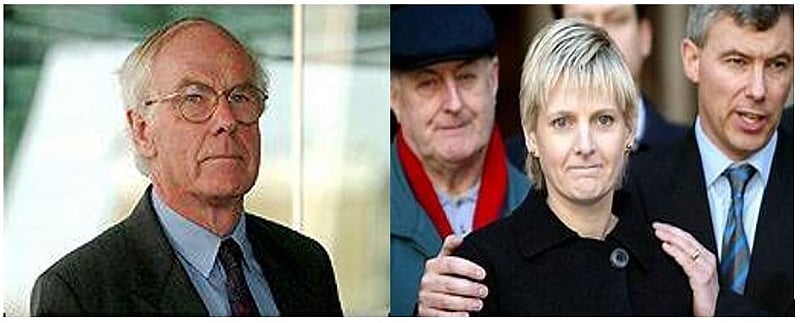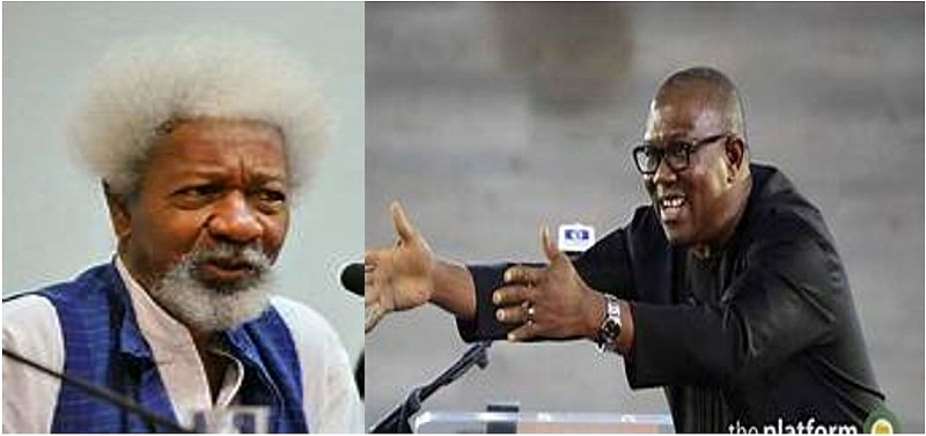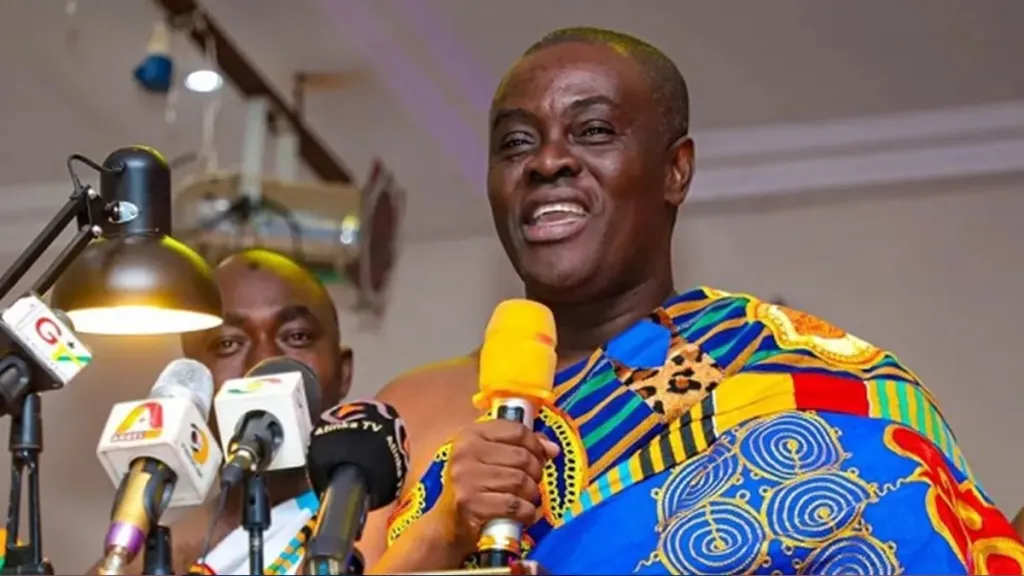There was this pathetic story of Professor Sir Roy Meadow and Barrister Sally Clark in the United Kingdom. The two personalities ultimately became central figures in a highly controversial and very tragic case that involved allegations of child smothering. That would perhaps be the closest example of the cold controversy that is currently brewing between our eminent Professor Wole Soyinka and the Labour Party.
Professor Meadow, a medical doctor, was a very academically successful man like Professor Wole Soyinka. Both had attained very high intellectual categories in their various countries. And to that extent, they had a tendency to take a lot of things for granted, given their fame and easy acceptance by government officials and the country. That, I suppose, is what has been playing out since Nigeria’s erudite Professor Soyinka gave his “verdict” on Peter Obi’s fate during the February 25, 2023 presidential election.
I would, in all fairness, subscribe to the suggestion that the professor’s age and social status played a major role in his submission, not tribal sentiment as many Nigerians have postulated. I say so because Professor Soyinka has never been generally known as a tribal bigot.
In his younger days, and even into his aging years, he was a Jargaban in his own right, backed up by the admirers of his courage and chivalry, as he bulldozed his way to the centre stage. And I hope no one is suggesting that a younger but bigger Jargaban has eclipsed him, because that would be difficult to understand. One fact many Nigerians would readily testify to, though, is that all through the years Nigeria was in frantic search of true democracy, Professor Soyinka was always on the side of right, at some point, defending the ethnicity that was being marginalized and pitching his camp with the people.
In the UK, Professor Sir Roy Meadow was a distinguished medical doctor who had been taken in by government as an expert in determining facts about cot deaths. Government so much relied on him that any evidence he gave was instantly accepted and verdicts were passed in law courts based on his evidence. With time and unknown to him, his fame began to make him take people and circumstances for granted. It was late in the day when he realized what was happening to him.
Sally Clark, on the other hand, was a lawyer who was also married to another lawyer. The couple was unfortunate to lose their two sons. In November 1999, Sally was accused of smothering her two infant sons, Christopher and Harry, who died in 1996 and 1998 respectively. She was jailed for life by a jury at Chester Crown Court. Her husband said it was impossible for her to kill her own children. He said he knew his wife and that she would never do a thing like that, and that she was innocent. The prosecution had argued that the deaths were caused by suffocation, while Sally Clark maintained that they were due to natural causes.
 Professor Meadow and Barrister Sally Clark
Professor Meadow and Barrister Sally Clark
During the trial, Professor Sir Roy Meadow, a prominent pediatrician, testified as an expert witness for the prosecution. He claimed that the probability of two siblings dying of sudden infant death syndrome in an affluent, non-smoking family was 1 in 73 million. After Sally Clark was convicted of murder and sentenced to life imprisonment, Professor Meadow’s statistic was found to be flawed and grossly overstated. Sally’s conviction was overturned in January 2003 after fresh medical evidence, not disclosed during the trial, emerged. This evidence challenged the accuracy of Meadow's testimony and raised doubts about the forensic evidence presented at trial.
So, after serving more than three years in prison, Sally Clark's conviction was quashed by the Court of Appeal in January 2003. She was released from prison and declared innocent of all charges. The court cited serious flaws in the prosecution's case, including the unreliable expert testimony of Professor Meadow.
The years of legal battle and imprisonment took a severe toll on Sally Clark's mental and physical health. She battled depression anxiety, and post-traumatic stress disorder. Tragically, on March 15, 2007, Sally Clark was found dead in her home at the age of 42. The cause of death was acute alcohol poisoning.
Sally Clark's case sparked significant controversy and led to a re-evaluation of expert testimony in criminal trials, particularly in cases involving complex medical issues. The case also brought attention to the danger of miscarriage of justice in the legal system. The case of Sally Clark serves as a stark reminder of the importance of accurate and reliable expert testimony in legal proceedings and the potential consequences of miscarriage of justice.
After the Sally Clark case, both Professor Sir Roy and Barrister Sally faced significant professional and personal challenges. Meadow's role in the Sally Clark case and his controversial expert testimony drew widespread criticism. Many in the legal and medical communities questioned his methods and the validity of his statistical claims. In 2005, the General Medical Council (GMC) brought a case against Meadow related to his testimony in other cases. The GMC found him guilty of serious professional misconduct, largely for his misuse of statistics in court. He was initially struck off the medical register in 2006 but was reinstated a year on, in 2007.
Meadow had retired from medical practice in 1998, before the Sally Clark case. Despite his reinstatement, he remained a controversial figure and continued to face criticism for his expert testimony in various other cases. Both Sally Clark and Professor Roy Meadow's lives were deeply affected by their involvements in this case, but in very different ways. Sally Clark's tragic death highlighted the profound impact that miscarriage of justice and the legal process can have on individuals. Meadow's professional reputation was tarnished, and he became a focal point in debates about expert testimony and the criminal justice system.
The “evidence” of Professor Soyinka that Peter Obi came a distant third at the polls can be likened in many ways to that of his British counterpart. One has to do with the death of children, the other with the death of evidence.
I can only wish that Labour Party sympathizers understand that Professor Wole is not likely to be swayed by tribal sentiments and that he probably has no place in the ‘Emilokan’ philosophy. His understanding of what actually transpired on 25 February is coloured by his social standing and the belief that the country will always accept his opinion as authentic. He is not alone. If truth be told, every citizen has a right to opinion. That is the beauty of democracy.





 Select your running mate from Bono region or lose our support – Dormaahene tells...
Select your running mate from Bono region or lose our support – Dormaahene tells...
 Bawumia’s 100% mineral ownership promise mere political rhetoric – Alan Kyeremat...
Bawumia’s 100% mineral ownership promise mere political rhetoric – Alan Kyeremat...
 Supreme Court adjourn celebrity alcohol endorsement case indefinitely
Supreme Court adjourn celebrity alcohol endorsement case indefinitely
 Choose a son of Bono as your running mate or lose our support — Dormaahene to B...
Choose a son of Bono as your running mate or lose our support — Dormaahene to B...
 Ignatius Baffour-Awuah is worthy to be your running mate; consider him – Dormaah...
Ignatius Baffour-Awuah is worthy to be your running mate; consider him – Dormaah...
 ‘We didn't betray NDC in 2020 elections’ — National Peace Council reacts to Asie...
‘We didn't betray NDC in 2020 elections’ — National Peace Council reacts to Asie...
 2024 election: A vote for Bawumia is a vote to continue Nana Addo’s legacy of ‘b...
2024 election: A vote for Bawumia is a vote to continue Nana Addo’s legacy of ‘b...
 Be careful during rainy days; don’t go near any sagging, fallen electrical condu...
Be careful during rainy days; don’t go near any sagging, fallen electrical condu...
 Don't go near sagging or fallen electrical conductors during rainstorms; it coul...
Don't go near sagging or fallen electrical conductors during rainstorms; it coul...
 Ghanaians are not honest people – Sam Okudzeto
Ghanaians are not honest people – Sam Okudzeto
